Articles Tagged with #profiles
-
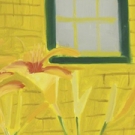
Our Passions, Our Day Jobs
The Window Cleaner
by Giles TurnbullDirt is difficult to see on glass. That’s why so many people don’t bother to hire a professional for the job—they just can’t see what’s wrong.
-

Gallery
Women of the Future
Robert PruittOne woman powers herself with a solar panel. Another wears a neon sign in her Afro. In the future as in the past, identity is never one-dimensional.
-

Explainers
Whither Greatness
by Mike Duncan & Jason NovakEconomic recession. Climate disaster. Chaos in the Middle East. The world cries out for leaders who will face our biggest dilemmas, and all we get are short-sighted narcissists. Where are the great leaders of today?
-

Profiles
A Sudden and Awful Manner
by Ben ShattuckIn early New England, anyone who stood near an open door or window faced mortal danger. A conversation with a woman who hunts for gravestones with epitaphs describing death by lightning strike.
-
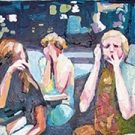
Naming Today
Rumors of Tribes
by Michael ErardAt one school, the popular girls were called the “chicken patties,” but the jocks were just the “jocks.” How teenage crowds get named.
-
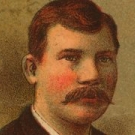
Great American Games
How Der Boss President Changed Baseball
by Tobias SeamonIn the late 1870s, baseball was at risk of dying out before it even got started, strangled by a teetotaling, law-abiding, church-going new league. Then a German saloonkeeper in St. Louis got involved.
-
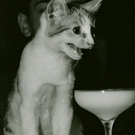
Naming Today
Swizzle Me This
by Michael ErardWhen a cocktail is born, it receives a name. How it’s christened has as much to do with the drink’s lineage as the bartender’s mood—and sometimes, how it makes you feel after you’ve finished it.
-

Profiles
A Closer Walk With Thee
by John LinganFor residents of Patsy Cline’s hometown of Winchester, Va., the struggle over how to remember the famous country singer begins with deciding what sort of a legacy she left—and whether they want it.
-
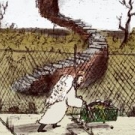
The National Desk
Crack Rock City
by Mark BinelliThis week, Detroit’s new emergency manager released his first report on the city’s dire affairs. But residents have long been accustomed to life in what’s essentially a failed state. A native author meets the motorcycle men working hard to save Detroit, one fiend at a time.
-
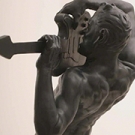
Naming Today
Like a Lead Balloon
by Michael ErardAs anyone who’s struggled to start a band, get shows, record music, and become a certified rock star knows, coming up with a name is half the challenge. A linguistic take on how we name bands today.
-

Gallery
Costumes and Conflict
Jim NaughtenThe Hereros of Namibia added Victorian fashion into their traditional costume under German influence in the late 19th and early 20th century. Photographer Jim Naughten explains how he became fascinated with this community.
-

Gallery
The Guardians
Tamara Natalie MaddenWomen of the African diaspora crowned with elaborate headpieces, celebrating might, independence, and heart.